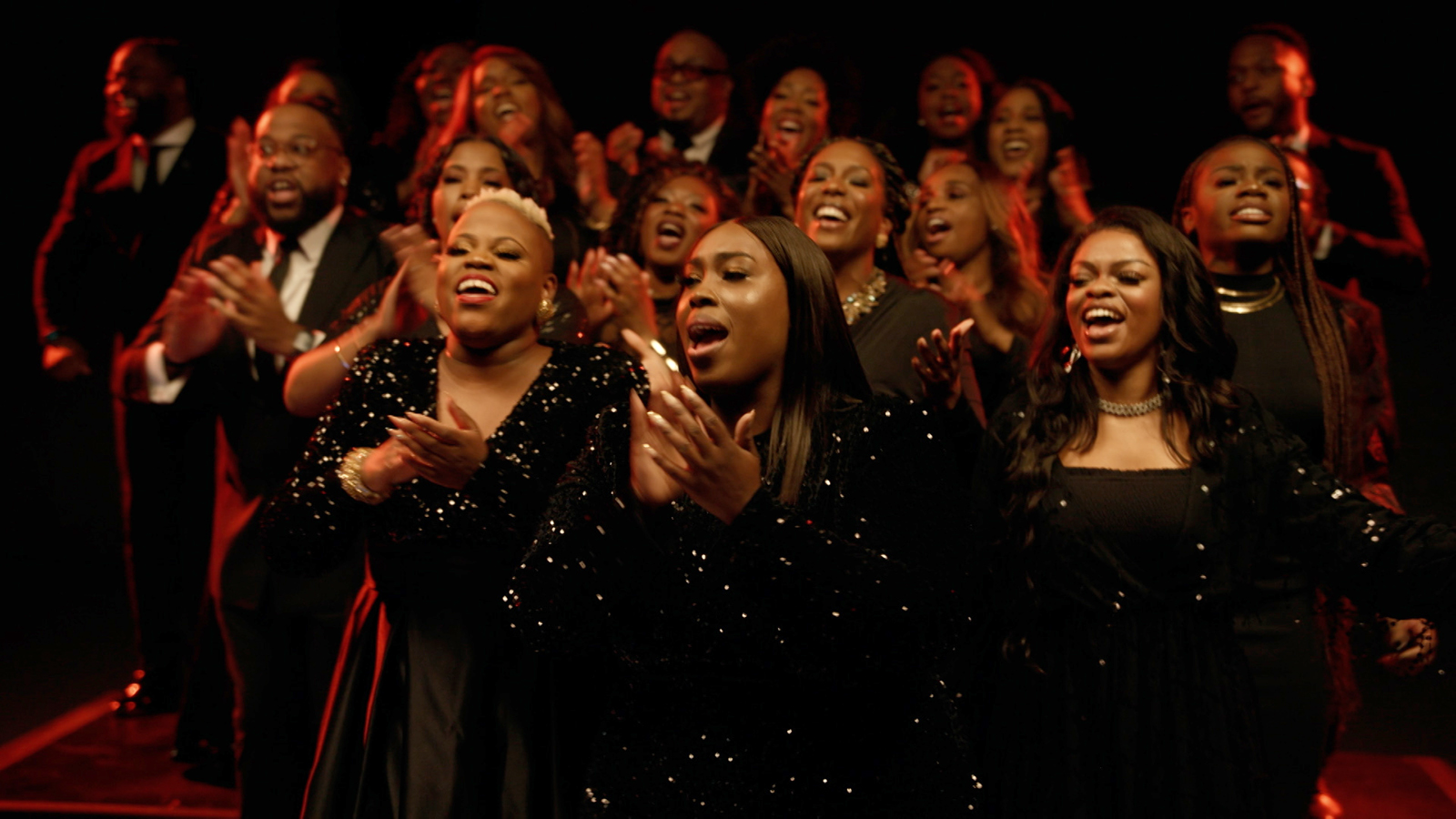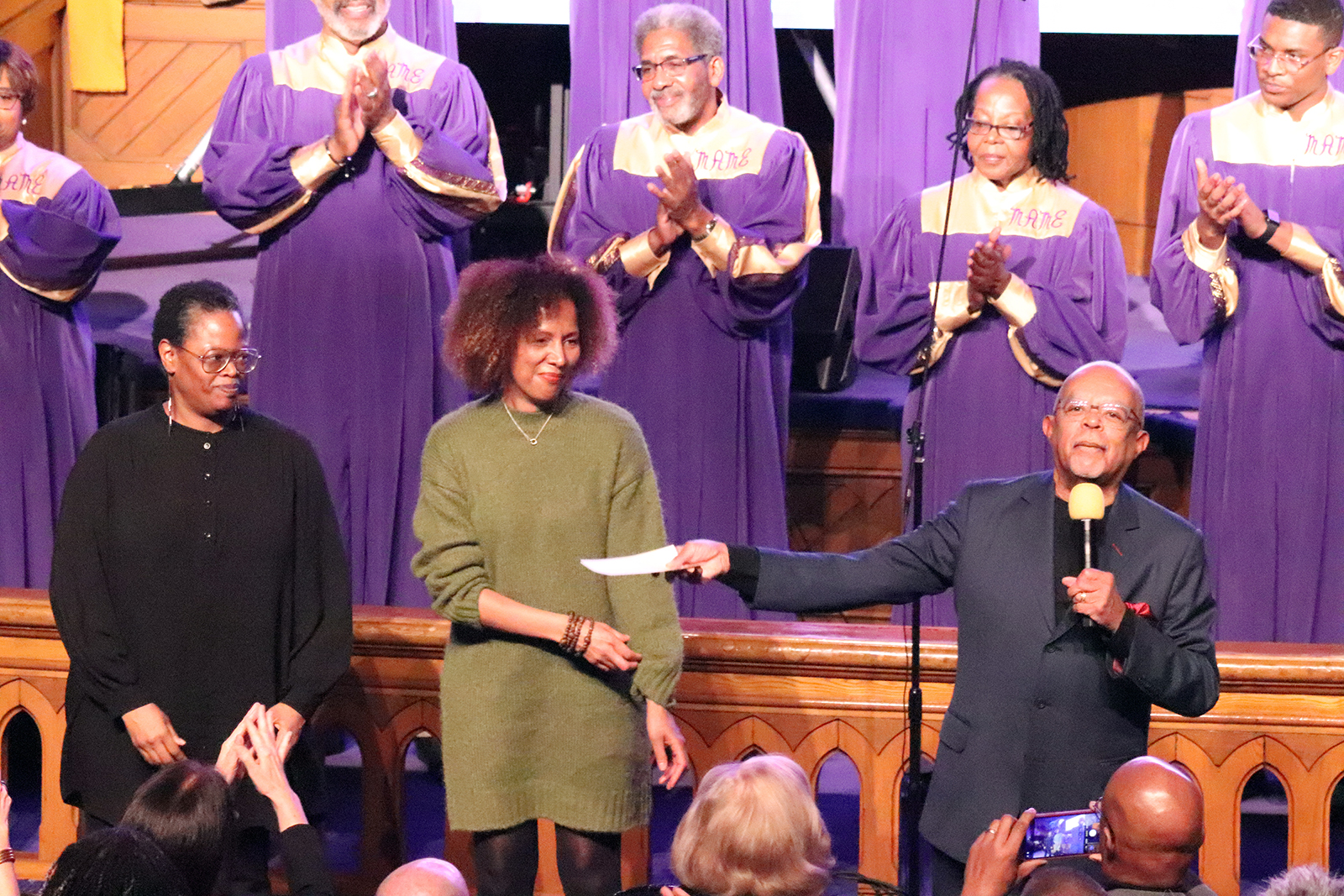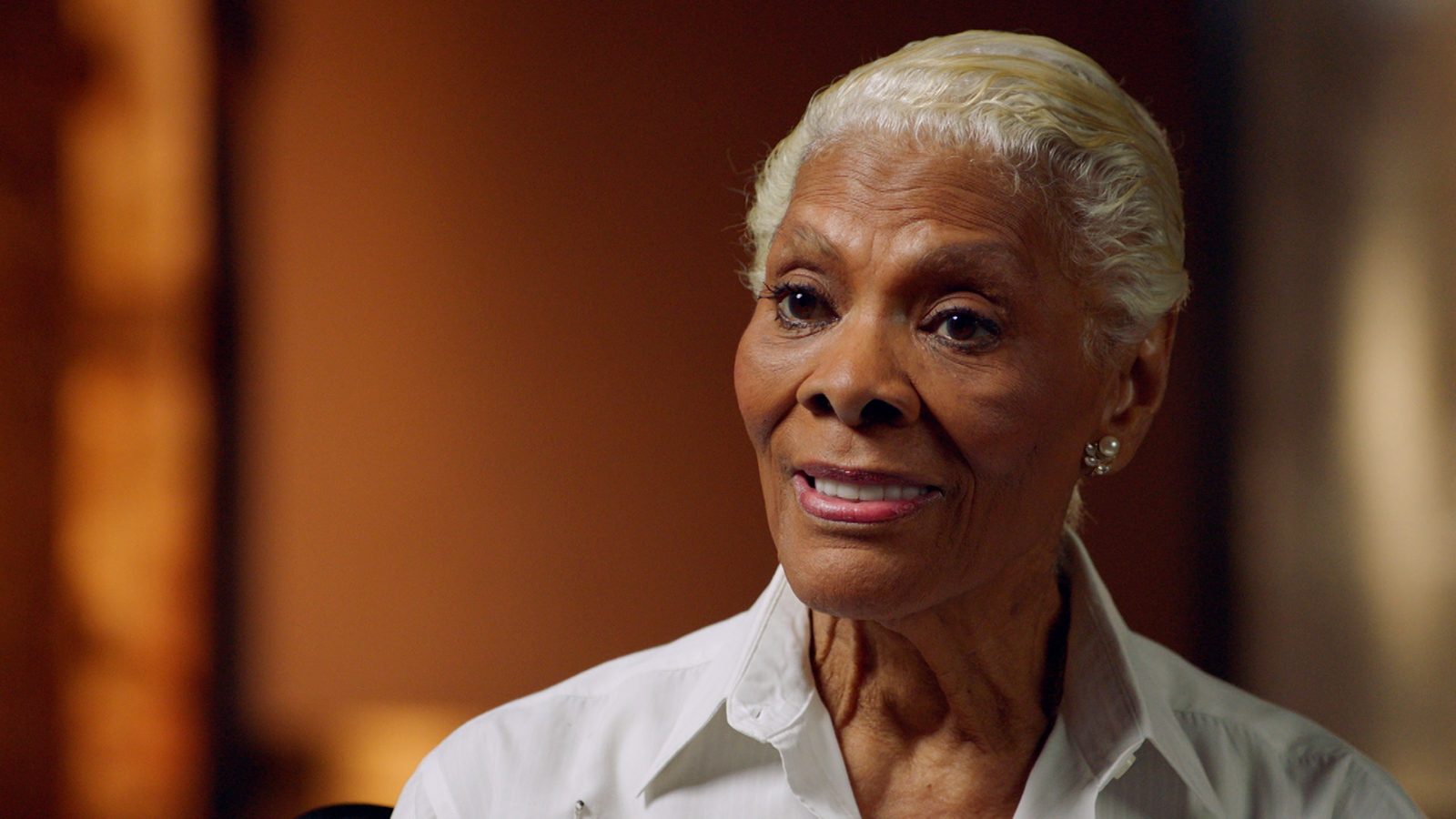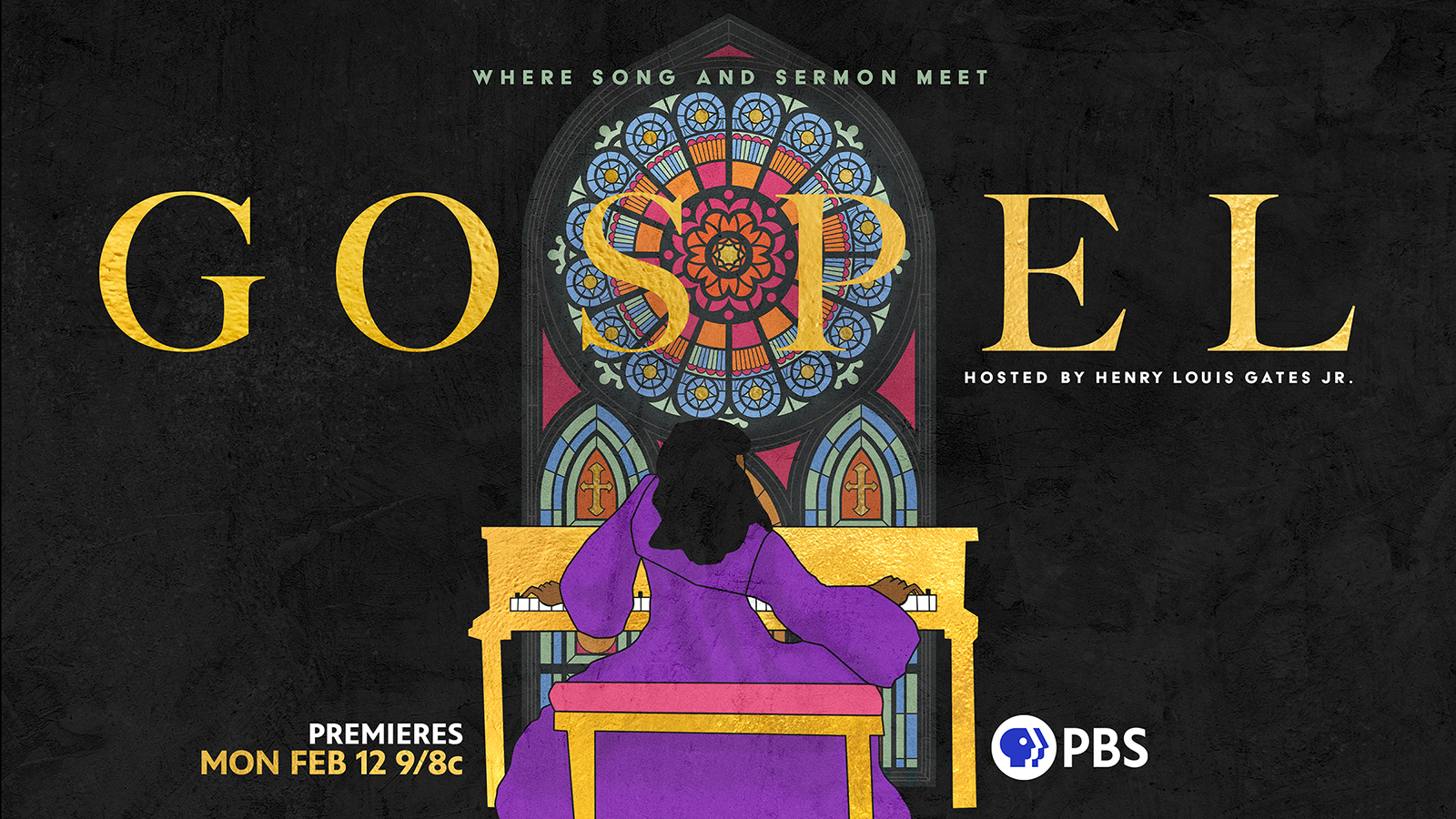WASHINGTON (RNS) —The interaction between music and sermon — and the significance of each in Black church buildings — is the main focus of a brand new docuseries created by scholar Henry Louis Gates Jr.
“Gospel” premieres on PBS stations on Monday and Tuesday (Feb. 12 and 13) and is preceded by a associated live performance that premieres this week on Friday on public tv.
“Gospel and preaching go hand in hand, flip sides of the style by which we sound the phrase of God via these two sublimely majestic artwork kinds,” Gates mentioned in remarks at a late January preview occasion that showcased clips from two of the 4 episodes that may air over the 2 days.
Gates, a Harvard professor identified for his “Discovering Your Roots” program and creator of the guide and docuseries “The Black Church: This Is Our Story, This Is Our Music,” famous that gospel emanates from quite a lot of types of music — such because the blues, R&B and soul — however as an total style has stood the check of time.
“Gospel is the resonant, residing repository of our folks’s wealthy non secular previous,” he informed an interracial crowd that gathered at Metropolitan African Methodist Episcopal Church to listen to him converse, view the clips and hearken to musicians carry out hits recorded by Walter Hawkins, Richard Smallwood and The Clark Sisters.

Tyrell Bell and the Belle Singers carry out in “Gospel.” (Picture courtesy PBS)
“Musical types come and go. However one type has remained a relentless supply of power, braveness and knowledge for over a century: gospel music.”
RELATED: Henry Louis Gates’ new guide and TV collection distills centuries of Black church historical past
Friday’s hourlong live performance program was filmed at Los Angeles’ Oasis Church, the place Gates and gospel artist Erica Campbell host artists who carry out gospel songs of yesteryear. Mali Music sings “He’s So Great,” initially recorded by Sam Cooke and the Soul Stirrers, and John Legend sings Thomas A. Dorsey’s “Valuable Lord,” initially recorded by Mahalia Jackson.
The collection itself dwells on each ministers and the ministry of music, with Gates, different students and musicians tracing the historical past of gospel music from the Nice Migration, when African People carried the sounds of their residence church buildings with them as they left the segregated South seeking higher lives up north.
A kind of who moved northward was Dorsey, a Georgia native who settled in Chicago and was identified for his blues music. Returning again to church circles, he grew to become such a prolific author, creating conventional Black gospel with a bluesy type, that he was generally known as the “father of gospel music.”
Gates’ collection notes how among the music was created in occasions of non-public and nationwide mourning. One in every of Dorsey’s most well-known songs was “Valuable Lord,” written in 1932 as he mourned the deaths of his spouse and toddler son. James Cleveland recorded “Peace Be Nonetheless” within the weeks after the 1963 bombing of the Sixteenth Road Baptist Church in Birmingham, Alabama.

Henry Louis Gates Jr., proper, speaks throughout a “Gospel” preview occasion at Metropolitan African Methodist Episcopal Church in Washington, D.C., on Jan. 26, 2024. (RNS photograph/Adelle M. Banks)
Each songs additionally demonstrated gospel music’s attain past the pews of church buildings and onto top-selling information. Preachers, too, unfold the spoken gospel through information, together with the Rev. C.L. Franklin — a Detroit pastor and the daddy of Aretha Franklin — whose 1953 recording of the sermon “The Eagle Stirreth the Nest” led him to be dubbed “the person with the million-dollar voice.”
The well-known minister’s sermon featured whooping, a mode of preaching in some Black church circles the place vocal and respiratory methods deliver the sermon to an emotional conclusion.
“When he obtained able to whoop you possibly can really feel the crescendo in his voice rise,” his granddaughter Sabrina Owens informed Gates. “You knew when it was coming. The organ would begin to play and the deacons would stand and the church would stand.”
Aretha Franklin first sang within the choir after which as a soloist on the New Bethel Baptist Church the place her father’s well-known sermon was recorded — and later returned to a church setting to file “Superb Grace,” an album that continues to be the best-selling reside gospel album.
The union of preaching and music is clear throughout a second in Gates’ collection depicting the change in expression on the Rev. Martin Luther King Jr.’s face — from somber to smiling — as Mahalia Jackson sings “Joshua Match the Battle of Jericho” earlier than he addresses a rally at a Chicago church.
“A voice like this comes solely as soon as in a millennium,” King says within the video, concerning the lady who additionally sang shortly earlier than he gave his “I Have a Dream” speech on the 1963 March on Washington for Jobs and Freedom.
Gates additionally reveals the stress throughout the style, as some musicians held to music solely of religion and others have been snug far afield from gospel music.

Dionne Warwick in “Gospel.” (Picture courtesy PBS)
Singer Dionne Warwick informed Gates that Jackson’s voice was particular as a result of “she believed and trusted in God and was not ashamed and would let you realize that. She believed each phrase she was singing and he or she wished you to consider it.”
Whereas Jackson declined to sing secular music for file labels, singer and guitarist Sister Rosetta Tharpe performed wherever the alternatives have been, together with massive band music.
“There’s a 1946 battle between Rosetta Tharpe and Mahalia Jackson,” scholar Gayle Wald of George Washington College says within the docuseries, which reveals a poster studying “WAR! DECLARED BATTLE OF MUSIC” that includes the 2 girls’s names. “There have been individuals who have been, like, ‘I’m on Group Mahalia’ or ‘I’m on Group Rosetta.’”
Sentiments of acceptance and rejection flowed via the collection and the occasions, with some proclaiming gospel music tinged with different types was akin to the “satan’s music” or in any other case inappropriate — from Edwin Hawkins’ jazzy “Oh Blissful Day,’’ to Andrae Crouch’s bluesy “The Blood Will By no means Lose Its Energy” to Kirk Franklin’s hip-hop-driven “Stomp.”
The Clark Sisters didn’t let criticism cease them from crossing genres, and so they grew to become the bestselling girls’s gospel group ever, famous Gates.
Elbernita “Twinkie” Clark described how she added a reggae beat to their hit “You Introduced the Sunshine” that led listeners to start out dancing.

“Gospel” promotional poster. (Picture courtesy of PBS)
“It was God’s method of taking us to a different degree,” she informed Gates. “We have been reaching those who wouldn’t go to church. Some folks gave us their testimony that they used to go to golf equipment and now they go to church.”
Although the collection notes how girls — typically barred from the pulpit — preached via their music, it highlights how Shirley Caesar ultimately did each, first via sermonettes at her concert events and later main a church in North Carolina the place she continues to be a pastor.
“I might take my experiences and I might put it to music as a result of I knew that, simply as certain as we’re sitting right here, that any individual else was experiencing among the issues that I used to be or both issues that I’d gone via with,” she informed Gates. “That’s my form of gospel.”
Gates mentioned that’s what he loves concerning the musical style rooted in Black church buildings.
“In the long run, all of us love gospel music, as a result of it’s the sound of hope towards hope,” he mentioned at Metropolitan AME. “It’s the sound of the triumph of the human spirit over tremendously daunting odds. It’s the sound of the gloriously rhythmic concord of a folks making a method out of no method.”
RELATED: Are ministers and musicians allies or rivals?



